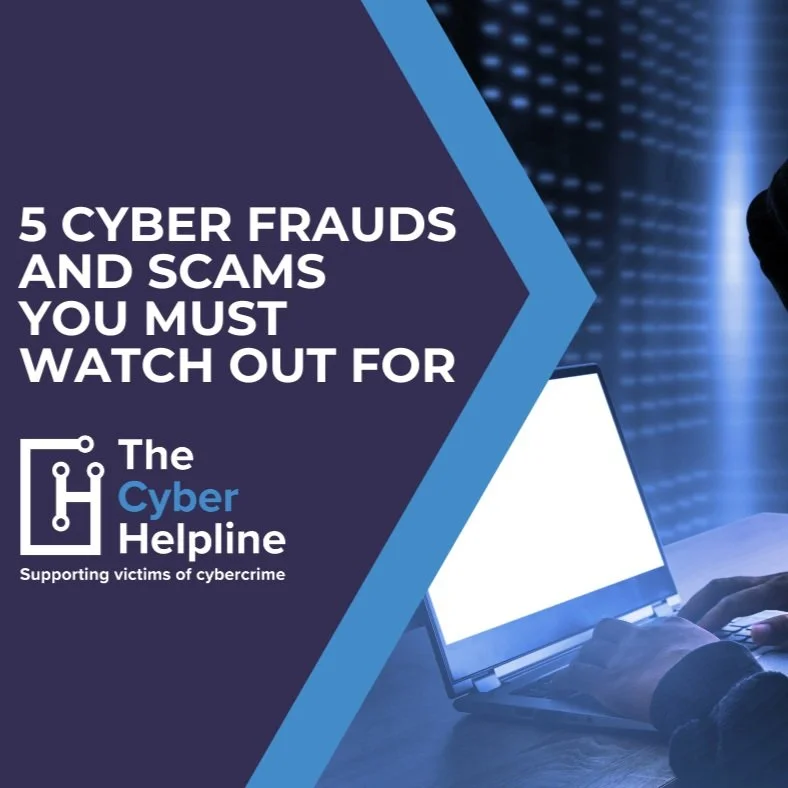Recent changes to X's blocking function, which allow blocked users to view public posts without interacting, have raised privacy and safety concerns, particularly regarding stalking. To safeguard your privacy, it's recommended to switch your posts to protected mode, review and remove untrusted followers, and be cautious with historical content. Additionally, users should disable precise location sharing and avoid tagging locations in posts to protect their whereabouts. For those experiencing stalking or unwanted interactions, documenting behaviour and seeking support from organisations like The Cyber Helpline is advised.
Read MoreRelationships can turn trust into a digital threat, with partners or ex-partners potentially misusing shared access to accounts, devices, and sensitive data. Get essential steps to secure your digital privacy, like updating passwords, enabling two-factor authentication, and revoking access. Protecting yourself now can prevent emotional harm, financial loss, and privacy violations down the line.
Read MoreUncover the truth behind common cyberstalking myths in this essential guide. From misconceptions about blocking stalkers to false beliefs about digital safety, we debunk the top 8 myths that could be putting you at risk. Learn practical tips and expert insights from our recent webinar hosted by The Cyber Helpline and Paladin to help you stay secure online.
Read MoreOnline gaming has surged in popularity, but with it comes the growing risk of scams that target players. Phishing attacks, hacking, social engineering, in-game item frauds, and more- these scammers manipulate players into revealing sensitive information or falling for fraudulent schemes. To protect against these threats, gamers should use strong passwords, enable two-factor authentication, avoid third-party offers, and be cautious about sharing personal information. Using tools like antivirus software and password managers can significantly reduce the risk of falling victim to online gaming scams.
Read MoreThese five common cyber scams involve deceiving individuals into sharing sensitive information, transferring funds, or making fraudulent purchases. Get practical advice on how to recognise and avoid falling victim to these scams, such as being cautious with suspicious messages, verifying identities and requests, using secure websites, and strengthening account security.
Read MoreThis comprehensive guide offers step-by-step instructions to help you securely restore your devices, configure vital security settings, and maintain a robust digital environment. Whether you’re setting up new devices or enhancing your current security practices, get practical advice to protect your personal information and strengthen your cybersecurity.
Read MoreOur online presence on social media exposes us to risks like cyber-attacks, identity theft, cyberstalking, and sextortion. Learn the importance of managing personal data shared on these platforms and discover practical tips to protect your privacy settings. Enhance your security and maintain a secure digital footprint by protecting your online identity effectively.
Read MoreCyberflashing, the act of sending nonconsensual sexual messages or images through digital platforms, has become a significant concern. Preventative measures include adjusting privacy settings, exercising caution with file sharing, reporting and blocking offenders, and documenting evidence. Raising awareness, supporting victims, and advocating for stronger laws are essential to combat cyberflashing effectively.
Read MoreLearn how to spot and prevent scams from popular sites like Facebook Marketplace and fake online shopping websites, with real-world examples. This guide covers common types of purchase scams, offers practical tips to protect yourself, and provides detailed strategies to help you stay safe while shopping online.
Read MoreIdentity theft is a crime where your personal information is stolen for financial gain. Learn how thieves use phishing, smishing, social engineering, data breaches, and stolen personal items to steal identities. Discover effective prevention methods to report and recover from identity theft.
Read MoreUnderstanding the significance of your social media digital footprint is crucial for managing your online identity. By exploring the impact of platforms like Facebook, Instagram or X, you can grasp the implications of your online activity. Learning to navigate privacy settings effectively helps safeguard personal information and reduce security risks.
Read MoreThis World Password Day, get 8 essential tips from cybersecurity experts at The Cyber Helpline on how to protect your passwords and secure your accounts. Stay safe against hackers and cyber threats with these simple steps.
Read MoreIncreasing trend in deepfake use prompts UK government plans to criminalise the creation of deepfakes. Learn about this new technology and its impact, alongside insights on identifying and protecting against it. Discover resources and support available for those affected.
Read MoreFind out about your digital footprint, including why it matters and what you can do to manage it.
Read MoreScammers are leveraging AI Voice-Generation to impersonate family members, a new form of vishing, mainly directed at seniors. Learn essential tips to protect yourself from evolving, tech-driven scams.
Read MoreDiscover the essentials of data encryption for securing your personal information online, and fortify your cyber resilience with practical steps for protection.
Read MoreYou may share secret information online when you post photos on social media. Learn about the information contained in photos and how you can protect yourself.
Read More



















